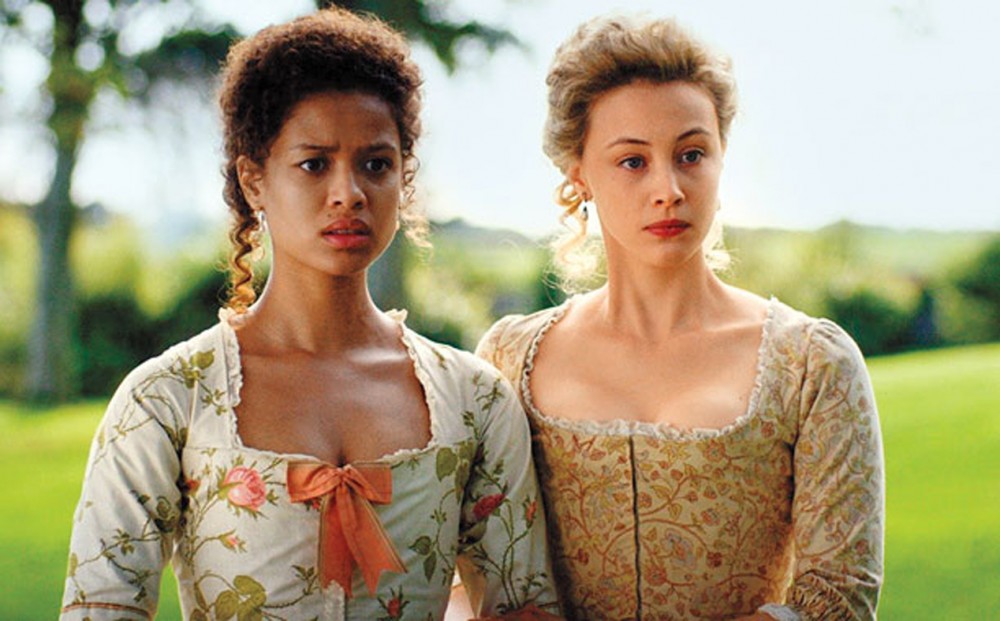Documentary filmmaker Yoruba Richen often delves into complicated, controversial, and racially complex topics. Her previous documentary film The Promise Land follows two black communities as they struggle to reclaim land from white owners after apartheid in South Africa.
Her most recent documentary The New Black tackles the relationship between the African American civil rights and gay rights movements in the U.S.
Honing her skills as an investigative journalist, Yoruba began conceiving of this documentary following election night in 2008, when she saw California same-sex couples on the verge of losing their right to marry after opponents petitioned with a sufficient enough number of signatures to re-introduce the issue on the ballot.
The state of Maryland approached this same decision in 2012. Maryland, however, with a near 30 percent African American electorate, voted in favor of gay marriage.
But this does not mean the entirety of the African American community supports the legalization of same sex-marriage.
The African American community, true to its diverse composition, exhibits varied perspectives on gay marriage – from outright homophobia to warm-hearted acceptance. Yoruba’s documentary explores some of these diverse attitudes.
She visits churchgoers, same-sex couples, and volunteers combing the streets to inform people who otherwise may not go to the polls about the importance of the black voice on this issue.
The door-to-door activists remind them that it is crucial to have an opinion, on any subject. But always remember, you vote with your ballot, not your voice.
Religious communities still show strong opposition to the legality of gay marriage – though it certainly doesn’t hurt proponents to have the likes of the long-standing civil rights organization NAACP and two-term President Barack Obama in their corner.
Yoruba reasons in her New York Times op-ed:
“No matter which side you are on, the gay marriage question in the black community has forced a conversation, which is taking place in the pulpits and the pews, the hair salons and barbershops — and ultimately at the ballot box.”









